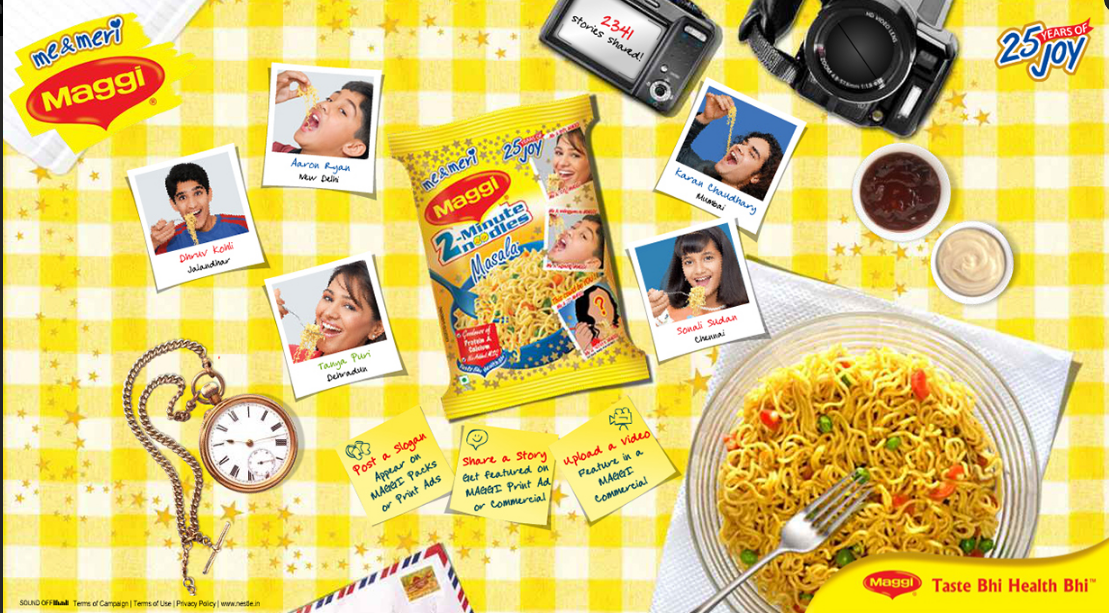Sonoco Europe has a longstanding experience in the production of stable high-quality carton packages. Over the years, the group has become the European market and technology leader in the market segment of rigid paper containers, also called composite cans and composite drums. Customer services include comprehensive support to provide smooth integration of the packaging into the costumer’s production flow. Sonoco also provides assistance in filling and sealing machines and support at the customer’s filling location.
Composite cans
gained market shares after the Second World War as a much cheaper alternative to the tin can. Eventually, composites pushed many metal cans out of the market. The name of the rigid, round, oval or rectangular packaging can be explained through the combination of various materials: 90 percent of the composite cans are produced from finished recycling paper, the base and seal are produced from plastic, cardboard or metal. The sidewall of the can is produced by winding. These winding processes are either spiral, parallel or longitudinal. Composite cans are made up of an inner barrier layer of aluminium foil or specific barrier material, middle rigid layers of recycling carton and a laminated label as outer layer. Composite cans, i.e. rigid paper containers are mainly produced using an aluminium or paper membrane as original sealing at the end. They are either deep drawn and sealed in the body of the can or sealed flat onto the flange of the can. All openings can be opened easily for consumer convenience.
Depending on the product the bottoms are made of carton, plastic, tin or aluminium. The material composition of the packaging ensures high barrier properties and after the initial opening, the cans are easily reclosed for secondary protection. Some cans are gas-tight depending on the wishes of the customers and fitted with the necessary barrier features – an important pre-requisite for long shelf life of widely distributed products. High fat-resistance ensures comfortable handling and product aesthetics even over a longer period of time.
Composite cans are distinguished from other packaging forms through their high quality appearance, stability and good (re)sealable features, guaranteeing a maximum of freshness and aroma. With their printable lids and bottoms, they can be decorated all around. Printable membranes provide an element of surprise upon opening the packaging. Sonoco produces composite cans in numerous round and non-round formats with different filling heights and a capacity of 50 millilitres to 5 litres. In 2016, the packaging specialist rounded off its portfolio with the SquareCan, a composite can with a nearly square shape. The composite cans, which are partly produced in small batches, however mostly in editions of several millions, are used for packaging snacks and foodstuffs as well as for instant drinks, tobacco and pet food.
Innovative solutions like SealedSafe or Ultraseal open entirely new markets for the composite can. With ring pull or flat tab, they resemble conventional metal can tops commonly seen on the market. They also ensure excellent oxygen impermeability. Rigid paper containers from Sonoco with SealedSafe or Ultraseal are ideal for coffee and powdered milk products, nuts and other highly perishable products.
Composite drums
were originally used throughout much of Europe as drums for washing powder by brands such as Ariel, Dash, Sunil, Persil or Calgonit. Today, the flexible storage boxes are used for storing, transporting and presenting a large number of goods. Round and non-round composite drums are suitable for large filling quantities and the majority of filling systems. They can contain product quantities from 3 to 30 litres. Just as the smaller composite cans, they are made to 90 percent from recycled paper. Maximum product protection is generated through the use of barrier layers made of wax, PE or aluminium lining which provides protection against grease and moisture.
Sonoco produces drums that are dustproof and siftproof, but furthermore they can be offered with a waterproof base for moist environments or prototype-tested, UN certified designs for transport of hazardous goods. A variety of opening features can be provided to meet specific consumer needs including child resistant closures and measuring devices. In-line labelling systems are used to provide optimum printing quality for an outstanding product presentation.
Plastic seals
are made by Sonoco of PE und PP in a circulation of several 100 million each year using injection moulding technology. Products range from the simple inverted lid to combined indented/inverted lid with even higher aroma protection down to one-part plastic sprinkler lids with original safety device for salt or herbs.
Using the in-mould labelling technique, Sonoco is also able to decorate lids elaborately. Here, the packaging specialist benefits from its experience with plastic packaging solutions. Part of the versatile portfolio are plastic packaging manufactured entirely using the in-mould labeling process, as well as the “reinvention of the can”, which is used for sterilized and pasteurized food.






